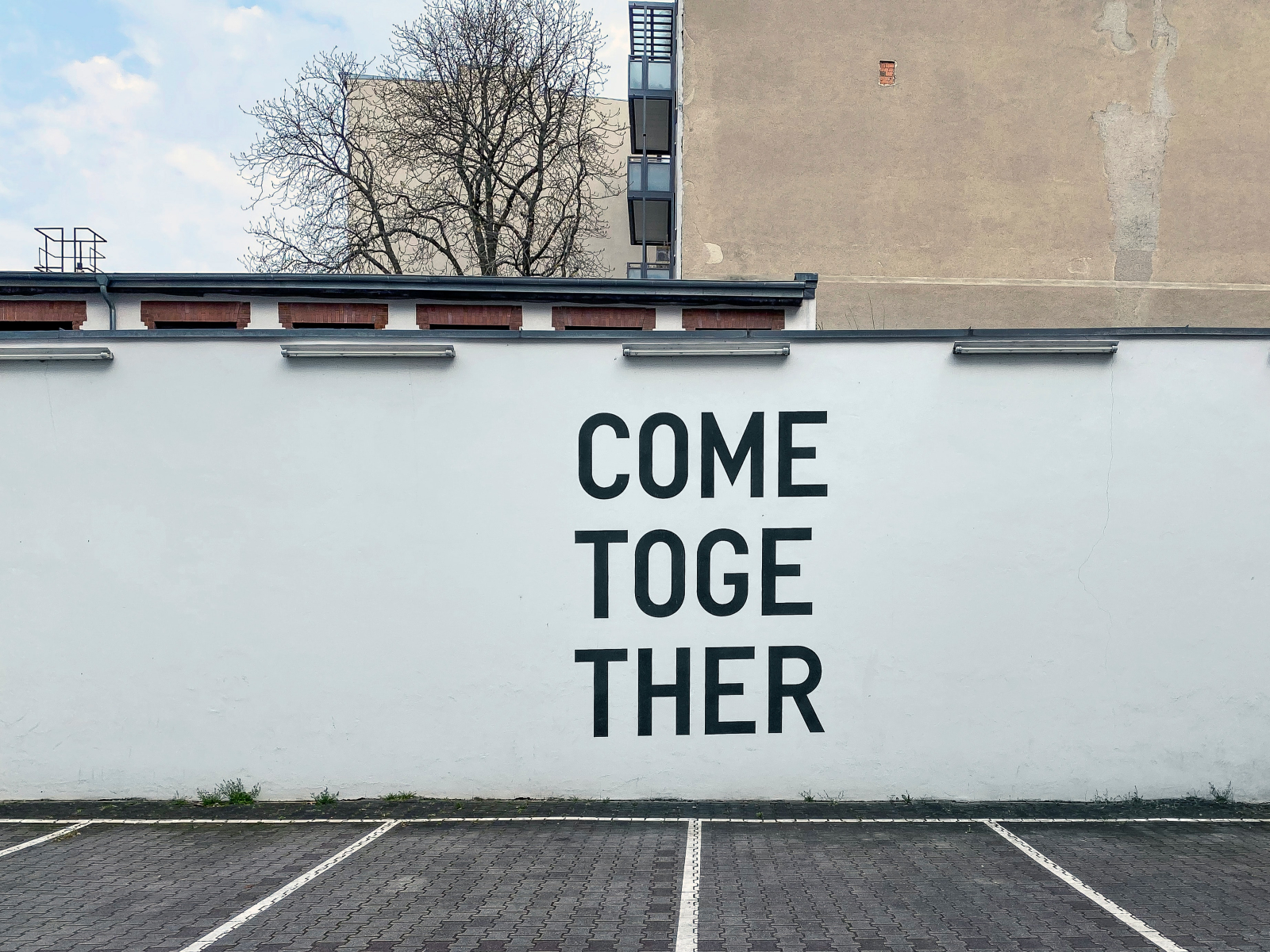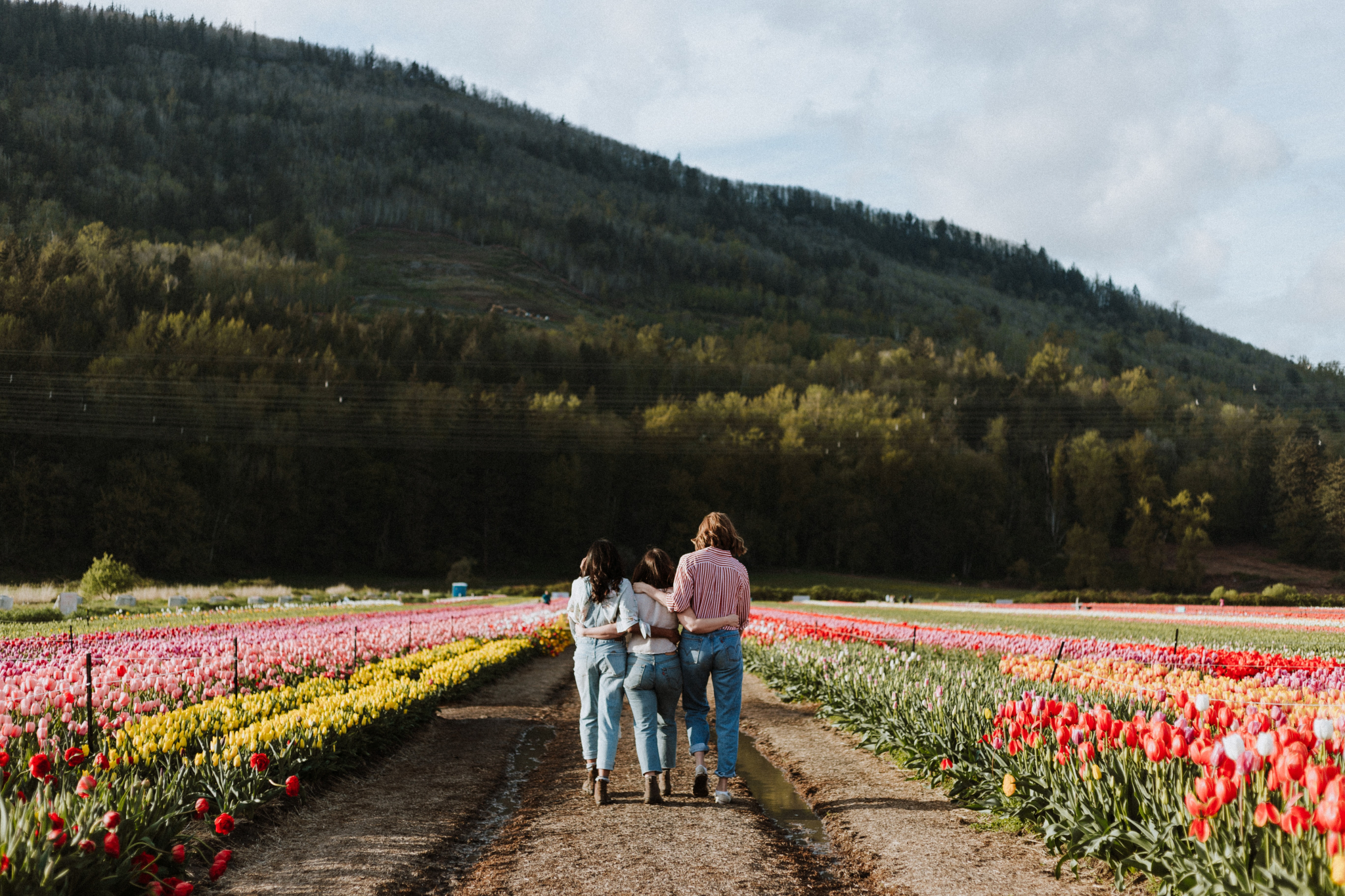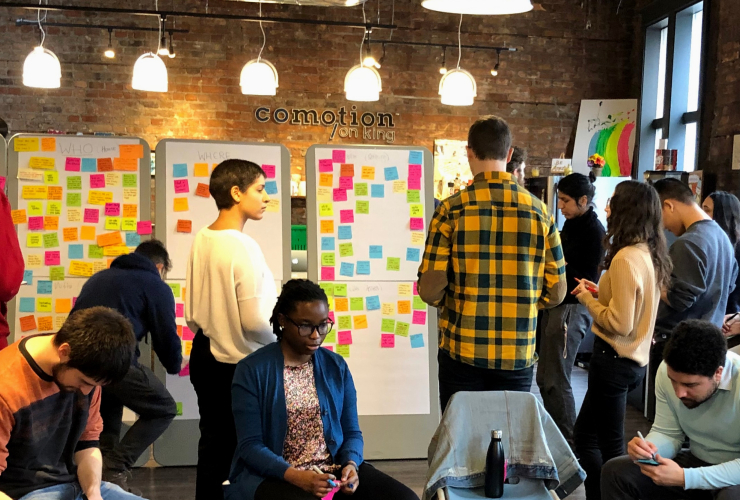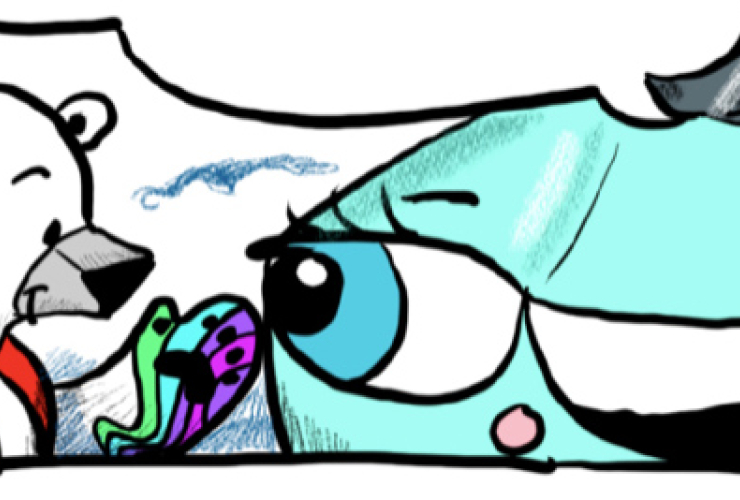The urgent need for action has never been greater because evidence of our changing climate is more frequent and extreme. While it is true we must act, and fast, we must also recognize how these changes are impacting our lives and well-being.
We are living through and responding to a crisis.
Climate anxiety and grief are important threads of this discussion. Together, they describe a spectrum of overwhelming feelings and emotions that arise from living in a world that is on fire and, for some, trying to pursue positive change despite this.
Climate anxiety tends to be future-focused, associated with feelings of fear, disempowerment and even betrayal rooted in threats posed by the crisis. This contrasts with climate grief, which often describes intense feelings of loss and even trauma associated with ongoing and anticipated ecological destruction. In reality, however, the experiences of these two are difficult to disentangle.
As extreme weather events, disaster displacement and biodiversity loss continue, early research suggests the incidence of these complex and immobilizing feelings and emotions is likely to rise.
In this context, the need to care for one another and galvanize the possibility of positive action is critical. And so, how can we address very human reactions to the crisis in climate action?
One answer may lie in our connections to ourselves and each other.
Taking positive action

Break The Divide asks what does it mean to take back agency through community and connection?
Break The Divide connects young people across communities via video calls to chat about one another’s lived realities and discuss community issues like climate change. Through open and honest conversations, young people better understand how others experience the climate crisis and learn about promising actions others are taking that build resilience. These conversations help young people move through daunting feelings of loneliness in tackling the crisis and feel more is possible in the process. This work helps young people move from apathy to empathy to action. It makes clear that conversations and connections can be and are transformative.
Climate Change Coaches has been teaching people how to have the kind of transformative conversations that foster the positive emotional connections necessary to overcome the powerlessness and fear the climate crisis produces.
One coaching example put it this way: “Family members would tell the client things like ‘You’re getting obsessed, stop worrying so much!’ and didn’t understand why they felt so much grief for something so far in the future.”
In many ways, this individual’s family perfectly demonstrated the disconnection they felt with climate change and why the individual came to coaching to feel heard.
We can often better help someone feeling intense emotions related to climate change when we simply listen and “be with” them rather than “do to” them by giving advice. Just because someone is grief-stricken does not mean they have stopped being the resourceful person you know them to be. It’s never a bad idea to ask someone what they’d like you to do as they share their feelings. So often, it’s simply to listen.
Of course, it is also important to not only see climate grief and anxiety as a negative. After all, these are very human responses to catastrophe and can often have deep roots in love for our communities and the planet.
Climate Change Coaches finds that people have pushed these big feelings down and intellectualized the climate “problem” in order to shield themselves from the dread that accompanies it. But when they strike the right balance between anxiety and purpose, the passion beneath their anxiety can fuel action.
Tempering positive action with reality

A word of caution, however: setbacks can occur in this process. When people encounter resistance, our emotions and sense of purpose can turn into a tight attachment that clouds connection and action. For example, one of the big triggers for climate anxiety is believing no one else cares, which dismantles our belief that systems can change.
To dial this down, Climate Change Coaches builds connections with others and the program's clients are often surprised to hear their concerns echoed by others. People do care, it may just be that they, too, are struggling with exhaustion, disempowerment and isolation that prevents them from acting on their beliefs.
At Break The Divide, bringing these intense emotions and experiences into conversation necessitates deep curiosity and introspection that can enable action.
To better build empathy across experiences, people need to first connect with their own identities and communities. Break The Divide helps facilitate this reflective journey, supporting young people to seek the distinct knowledges within and around themselves. Through this exploration, students are better able to learn from different worldviews and may often find inspiration and guidance in their own communities’ knowledge that make action feel more possible.
Excitingly, Tamarack Institute, acutely aware of the potential for climate grief and anxiety to fuel action, recently joined forces with the Canadian Red Cross to launch Transforming Climate Grief Into Action.
Young people aged 18 to 30 in British Columbia and Yukon from communities impacted by wildfires are invited to join a nine-month cohort program, starting in March, to learn how to navigate their experiences and emotions around climate change and connect with their communities to lead hope-filled action.
Ultimately, we must connect with each other in ways that allow us to make space to recognize the emotional effects of the crisis, as much as to plan for the actions we need to take together to address it.
If we want to create and sustain just climate futures, we must build caring connections with ourselves and others in the process.
Abhay Singh Sachal is a 21-year-old Canadian climate activist and student at the University of Toronto. He is the co-founder and executive director of Break The Divide, a global non-profit that connects young people to foster empathy and understanding to inspire local action. Abhay’s work and research focuses on the intersection between climate change, mental health and community resilience. Abhay was recently named one of Canada’s Top 25 Under 25 Environmentalists and featured as the 2019 Canada’s Walk of Fame Community Hero award winner.
Charly Cox is an award-winning climate change coach and author of the first book on the subject (Climate Change Coaching: The power of connection to create climate action, Open University Press 2022). She is co-founder of Climate Change Coaches Ltd., putting coaching into the hands of climate leaders.
Kieran Maingot (they/them) is a young person, community organizer and self-proclaimed “forever student,” whose curiosity for learning and passion for justice continue to push them to find ways to become an accomplice to social change. In their day-to-day, Kieran works as a community animator at the Tamarack Institute, exploring how the skillful deployment of resources can shift power and unlock new possibilities for communities and the collaboratives that support them. Kieran holds a BA in sociology from Western University and a master's degree in philanthropy and non-profit leadership from Carleton University.
I"m glad to hear this
I"m glad to hear this coaching is available to younger Canadians. It is certainly crucial as we move through the coming years, not knowing if we'll be successful in the transition or not. I'm in my 70's and experience climate grief and anxiety almost every day- and grief and anxiety over the breakdown of ecological systems upon which we depend. Anyone who is at all aware must be experiencing this. It's time to break the silence.
What a wonderful - and
What a wonderful - and crucial - thing these young people are doing! I feel profound gratitude for their commitment to this most important cause of our time. Like the previous writer, I am also in my 70’s and experiencing climate grief and anxiety every day. Can older people join in too?








Comments